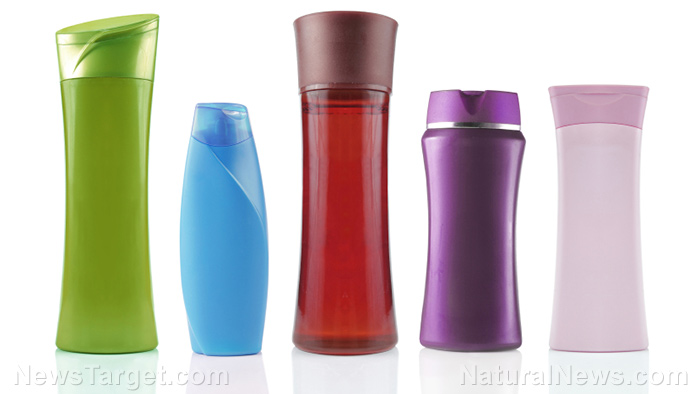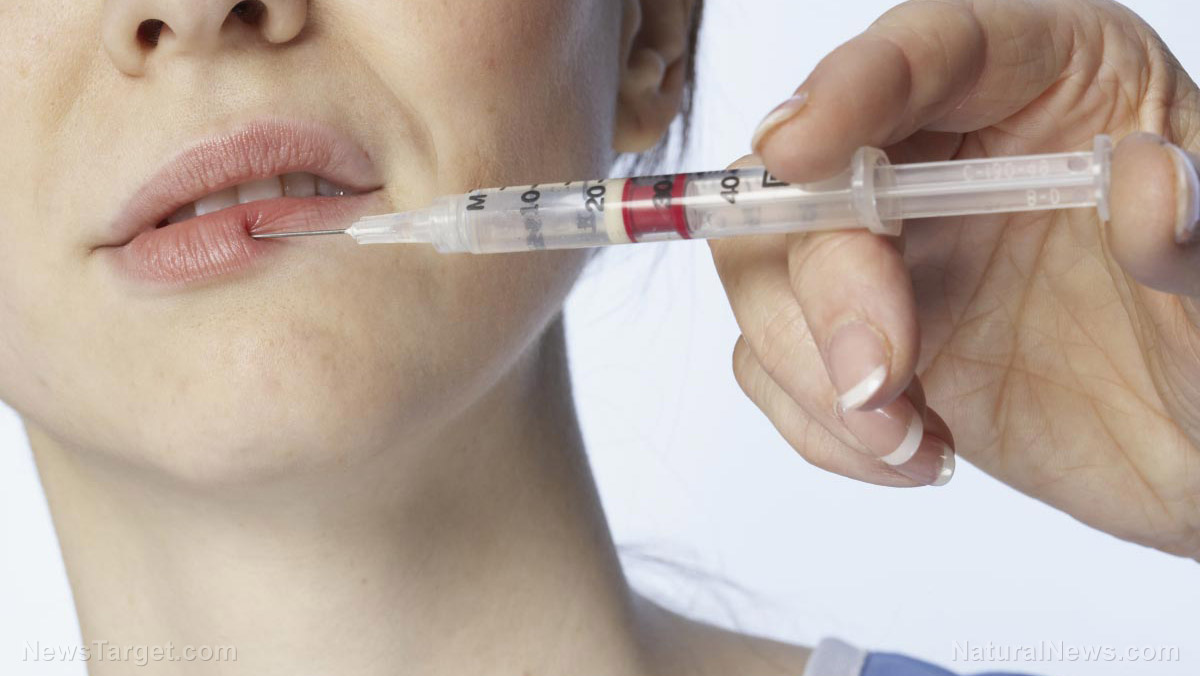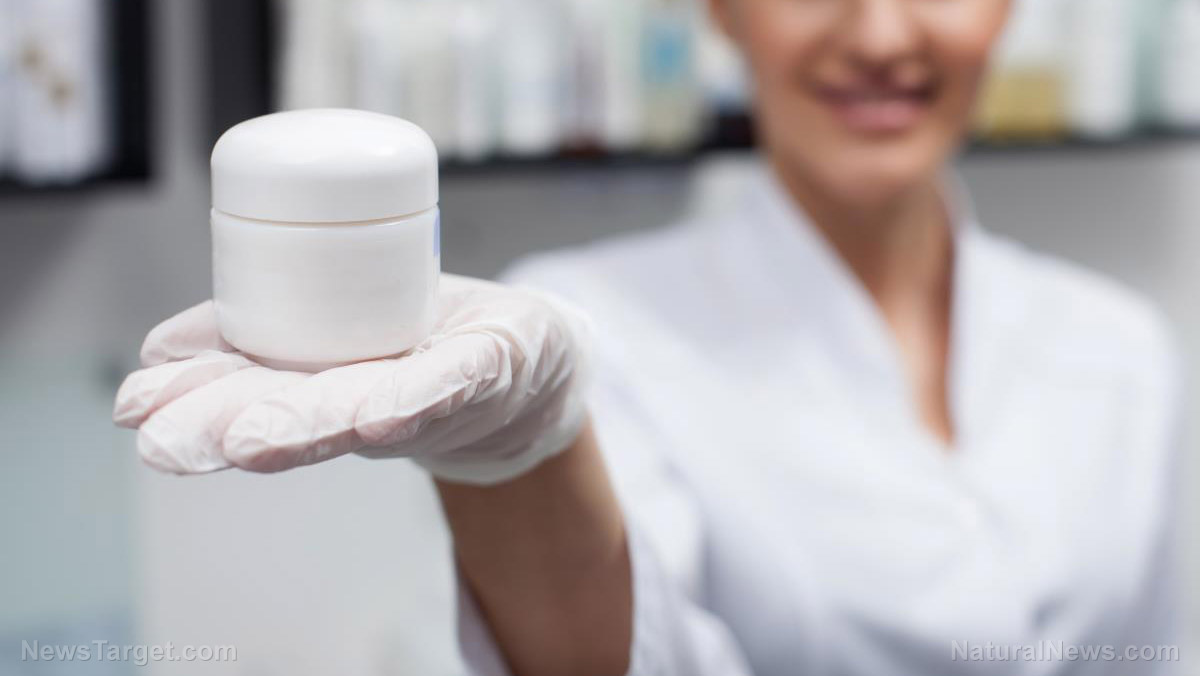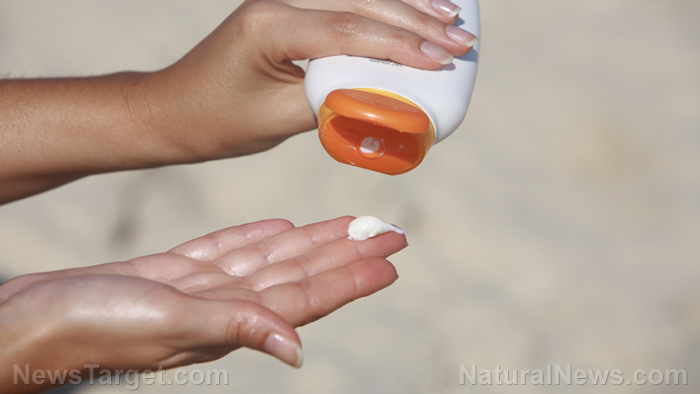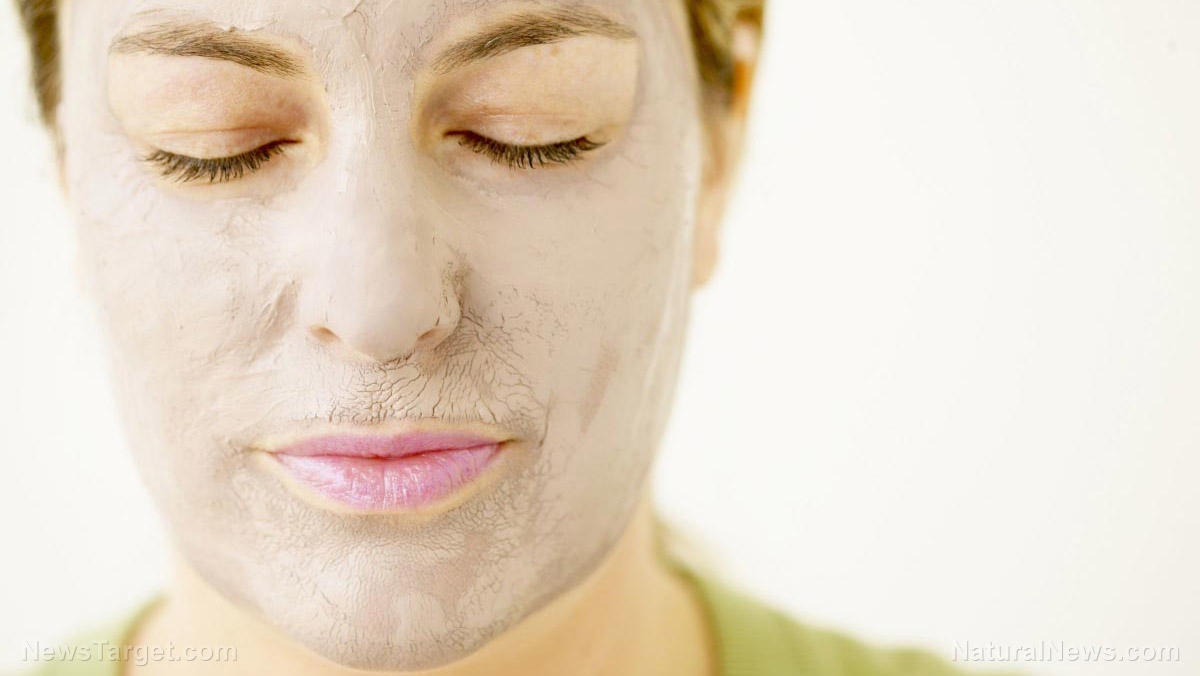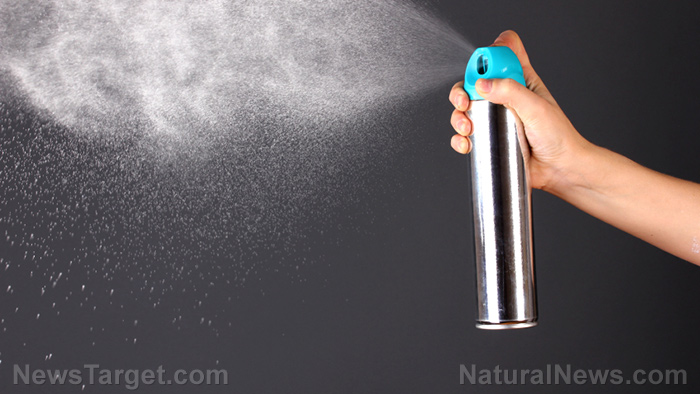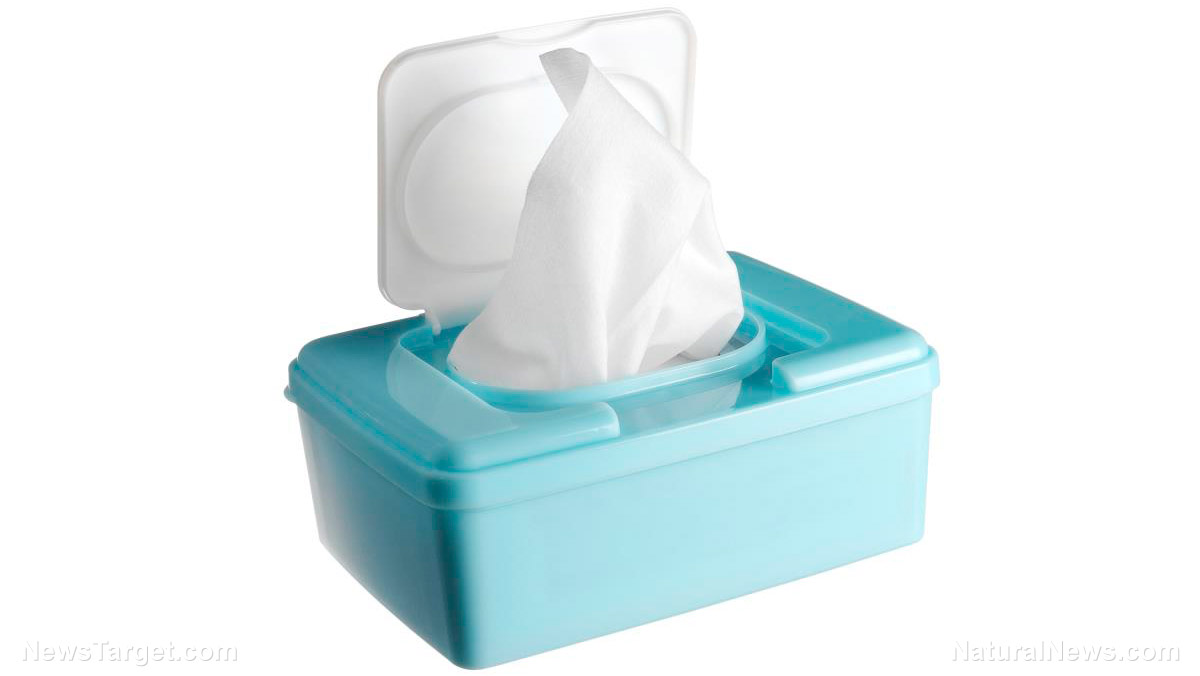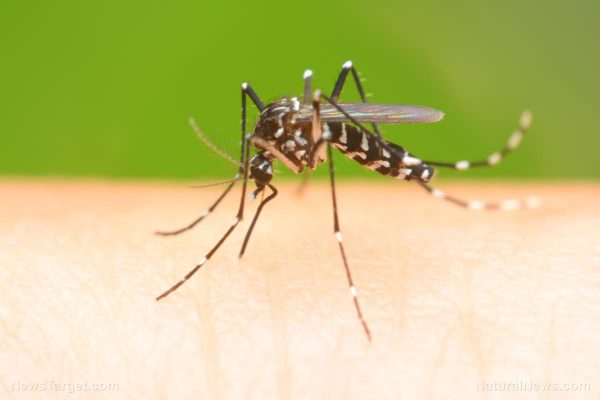For many mothers, talc powder is a sign of love. They enjoy its sweet smell on their baby’s soft, sensitive skin, and believe it makes their baby feel fresh and stay free from diaper rash. On the opposite end of the spectrum, adults apply talc on parts of their body that are most likely to sweat — like the underarms — to keep it from itching when they perspire. Little do they know that the talc powder may be doing more harm than good.
A judge in Middlesex County, New Jersey, has just awarded $30 million in damages to a banker who got sick of mesothelioma, an aggressive, deadly cancer that affects the lung’s lining. Lanzo said he used talcum powder for decades. His wife Kendra, for her part, got $7 million in damages, thus bringing the total amount of damages to $37 million.
The banker, Stephen Lanzo said he used Johnson & Johnson products like Shower to Shower and Baby Powder for over three decades, and claimed that inhaling the powder led to mesothelioma, an aggressive, fatal cancer that affects the lining of the lungs.
Talc, the product in question, is one of Earth’s softest minerals. Talc deposits are usually found near deposits of minerals that contain asbestos, which is known to pose serious health risks to humans. Studies have shown that the risk of cross-contamination during mining exists.
Johnson & Johnson denied that their talc products contain asbestos.
Lanzo’s case was the first to go on trial in New Jersey, where Johnson & Johnson’s head office is located. The company shouldered 70 percent of the damages paid to the Lanzo couple, while Imerys Talc, which supplied the mineral, was liable for 30 percent. The couple’s lawyers accused Johnson & Johnson of keeping customers in the dark about the health risks attached to asbestos in its talc products since the ’60s.
Johnson & Johnson insists that all their products undergo rigorous testing and are free from contamination. Nevertheless, the giant corporation and other talcum powder companies face thousands of separate but related lawsuits that say there is a connection between talc use and ovarian cancer.
In 2016, a Missouri court ordered Johnson & Johnson to pay $72 million to the family of Jackie Fox, who died of ovarian cancer at the age of 62. Fox and almost 1,200 ovarian cancer patients sued Johnson & Johnson, claiming that its talc and feminine hygiene products led to ovarian cancer.
Talc is dangerous when inhaled or swallowed, and it can cause breathing problems. This is why the American Academy of Pediatrics asks everyone to exercise caution in applying talc powder on babies.
Safer options
It’s comforting to know that parents have alternatives to talc powder. These include:
- Arrowroot starch or tapioca starch – Arrowroot comes from several tropical South American plants. Tapioca starch, on the other hand, is sourced from the crushed-up pulp of the South American cassava plant.
- Baking soda – This pantry staple, also known as sodium bicarbonate can be used in lieu of talc. Others use it as deodorant and apply it in their underarms each morning before they leave the house.
- Cornstarch – This common item in the baking aisle of local grocery stores aid in soaking up wetness from the baby’s urine and other excretions. It comes from the endosperm of a corn kernel and is usually used in food.
- Oat flour – This gives you a coarser texture than the above-mentioned options.
Their baby’s health is the parents’ number one concern. This is why potentially harmful elements — like talc — should not be part of their daily rituals when taking care of their infant.
Sources include:
MSN.com
MNN.com
Cancer.org



